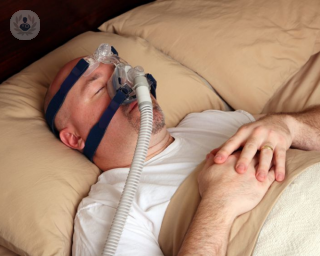
By Dr Iyad Ismail
15.11.24
Pulmonology & respiratory medicine
The importance of checking a persistent cough
A cough is often viewed as a common, minor symptom associated with colds or respiratory infections. However, when a cough lasts for more than three weeks, it’s considered persistent (or a chronic cough) and warrants medical attention. This is especially crucial if the cough continues for over eight weeks, as it may indicate an underlying health issue that requires further evaluation.
















